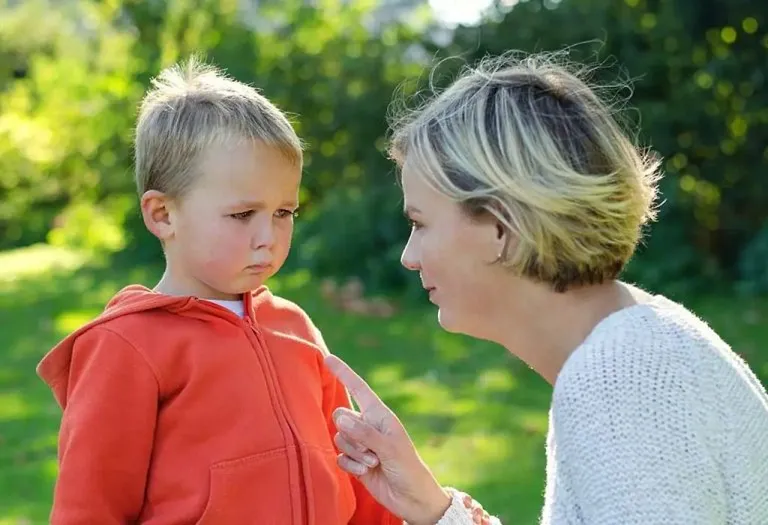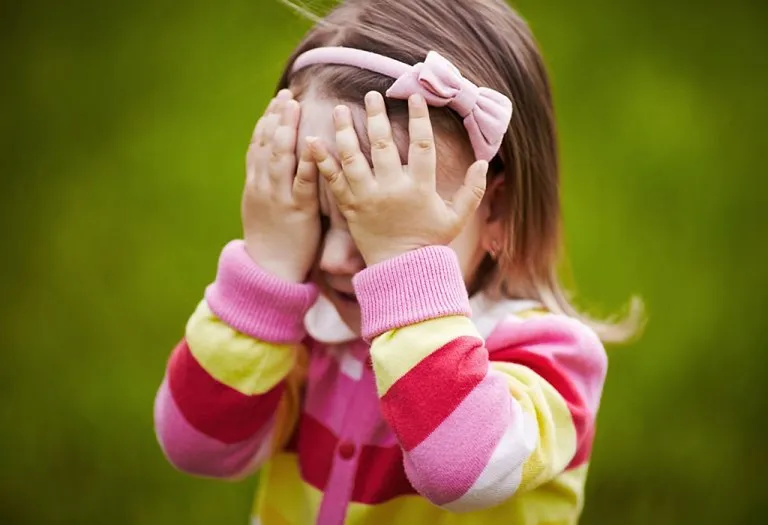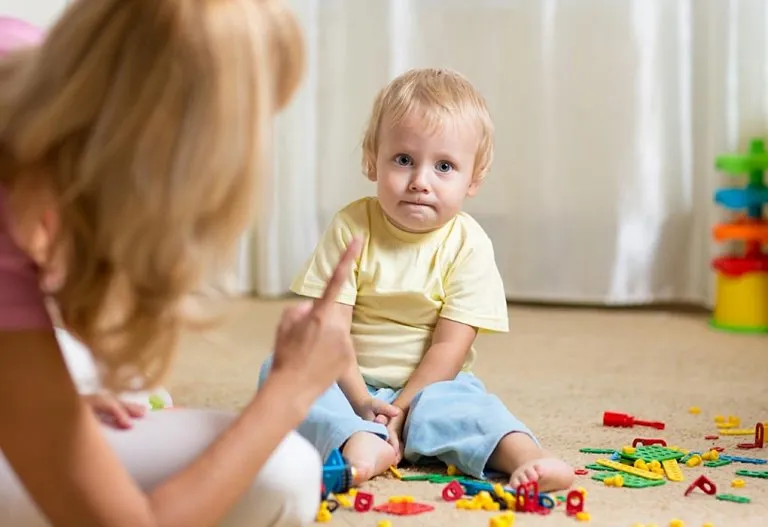10 Negative Discipline Techniques Parents Should Never Use
Kids are moody. One moment, they may get happy over a small thing, and the next, they may throw a tantrum for no reason. If your kid also has his share of meltdowns, you need not punish or discipline him. Parents should never adopt negative or stringent ways to discipline their kids. It is imperative to teach the value of discipline to a growing child, but not at the cost of being harsh on him. Take a look at the following post to learn some of the negative forms of discipline you should never try on your child.
Why Negative Discipline Is Harmful?
Children rely on their parents for emotional support and love. However, when parents resort to hurtful discipline methods, it can significantly impact the child’s psychological, emotional, and physical well-being. These effects can be long-lasting, potentially hindering the child’s growth and development.
Negative Discipline Methods That Parents Must Avoid
Some of the methods that you must avoid to save your child from the negative effects of discipline include:
1. Shouting
You should not shout at your child because shouting at your child may not help him understand what you want from him or what you intend him to do. On the contrary, your child may get scared and even feel ashamed of his actions. Instead, talk to him politely, tell him what he did wrong, and help him correct it.

2. Emotional Blackmailing
Getting things done from your child by emotionally blackmailing him is not a good parenting technique. Your child may find it hard to trust or believe you.
3. Humiliating Your Child in Public
Whenever you scold or shout at your child in front of your family members, friends, or relatives, you insult your child in front of everyone. This may shake his self-respect and self-confidence.
4. Sending Your Child on Guilt Trips
Making a statement or saying hurtful words to make a child feel guilty for his actions may not be good for his self-worth. Your kid may become resentful and find himself engulfed in the vicious cycle of guilt.
5. Being Sarcastic
Sarcasm may not be a good way of disciplining a child. Little ones don’t get sarcasm; the older ones may feel hurt and take your sarcastic comment to heart. They may also isolate themselves from you slowly. Furthermore, your child’s self-esteem may also be affected negatively. Hence, it is suggested that you watch what you speak.
6. Physical Violence
Physical abuse of any kind not only causes physical hurt and trauma to a child, but it also affects the child emotionally. If you want your child to grow up into a kind person and remember his childhood happily, then never use physical abuse to discipline your child. Physical violence is never an option for anything.
7. Commanding Your Child
Your child is not a slave of yours to order him around. Yes, you want him to respect elders and do as he is told, but there’s a way to get things done. Forcing your child to do something will instil fear in him, and he may not come to you. Unreasonable, commanding parenting style may make your child feel suffocated and helpless. You may ask your child to do the same things lovingly.
8. Being Distant or Cold
To punish your child for his mistakes, you may act distant or become cold towards him. But this technique of discipline should never be adopted, as young children are dependent on their parents for emotional support. Acting cold to your kid may shake his trust, and he may distance himself from you.
9. Threatening
Asking your child to do a certain thing by threatening him is also a negative way of disciplining your child. This way, you scare your kid. If you threaten your kid, he will constantly fear the consequences of his actions.
10. Abusive Language
You should not use abusive words or language for your child. Verbal abuse is no less than physical abuse and can have the same effects on the child. Using inappropriate words, curse words or slang should be avoided when you are with your child.
FAQs
1. What are some effective alternatives to physical punishment?
Effective alternatives to physical punishment include time-outs, loss of privileges, natural consequences, and positive reinforcement. These methods teach children about consequences and encourage good behaviour without causing physical or emotional harm.
2. How can parents manage their own emotions to avoid yelling and screaming?
Parents can effectively manage their emotions by prioritising self-care. Taking a moment to calm down before addressing their child’s behaviour, practising deep breathing, counting to ten, and taking a short break are all important steps. Seeking support from other adults and engaging in stress-reducing activities like exercise are also beneficial.
All parents wish to inculcate and imbibe good habits and virtues in their children. However, using wrong means, such as adopting negative ways of disciplining, is not considered a healthy practice and may harm the child physically and emotionally. We hope this article will help you understand the practices you should never follow to discipline your child.
Also Read:
How to Discipline Children?
Tips to Deal With a Defiant Child
Effective Ways for Parenting Without Yelling
Helpful Tips for Parents to Handle Naughty Kids
Was This Article Helpful?
Parenting is a huge responsibility, for you as a caregiver, but also for us as a parenting content platform. We understand that and take our responsibility of creating credible content seriously. FirstCry Parenting articles are written and published only after extensive research using factually sound references to deliver quality content that is accurate, validated by experts, and completely reliable. To understand how we go about creating content that is credible, read our editorial policy here.























